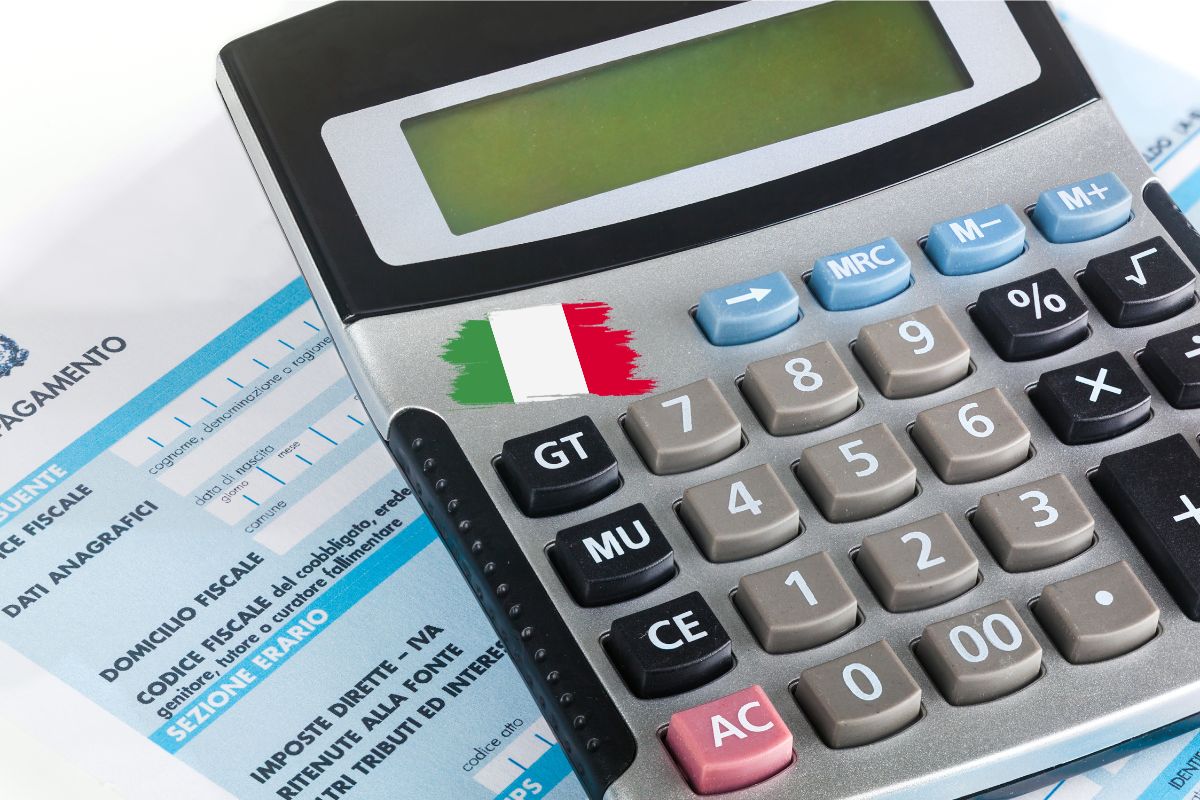What about ‘residenza’? What is it?
Residence is the place that an individual is considered fiscally resident.
Residence determines the obligation to pay taxes in a specific state or jurisidction. Generally speaking it is based on the period of time that one spends in a country but is also determined by other factors such as whether you are registered in a specific country and whether it is your habitual abode i.e the place where you spend most of your time. (Read on for more details on this).
Residence refers to the legal status of an individual in a country and guarantees the right to live and work without citizenship. Residenza, in much the samw way as cittadinanza has a number of advantages, such as the right to access health care the option to work, buy property and make investments in Italy. Residenza can be temporary or permanent and the permesso di soggirono comes in various forms. To obtain residenza an individual must satisfy various documentary requisities, financial criteria and possibly language competency (not necessarily)
Quick note 1. I am frequently asked whether being registered at the Anagrafe constitutes fiscal residency. The answer, in the main is YES. There might be situations for business people, for example, who have interests in Italy and other countries and who require residenza anagrafica but not ‘fiscale’, for their business needs. However, for the majority of people who are coming to live and reside in Italy there will be no doubt that your fiscal residency is in the country if you meet just ‘ONE’ of the criteria below.
(**US citizens can transfer their residency to Italy but will have an obligation to report in the US as well. This creates numerous tax and financial planning issues and so should be planned carefully**)
Quick note 2. Is it possible to be a resident of nowhere because you travel extensively and do not spend more than 183 days a year in any one country? This is absolutely NOT possible! By definition, every individual must have a place of habitual residency whether you spend 183 days a year there or not. You cannot choose your residency status. It is a matter of fact!
Definition of residenza in Italy
You must remember that the definition of residenza in Italy is defined through the income tax code and therefore residenza and taxation are intrinsically connected. An individual is considered subject to taxation and fiscally resident for the majority of a tax period (calendar year) if they meet one or more of the following requirements:
1. You are registered at the anagrafe
2. You spend more than 183 days a year in Italy, i.e it is your habitual abode.
3. You are domiciled in Italy. (Your domicile , by Italian definition, being the place where you have established your main centre of business and/or personal and affairs.











